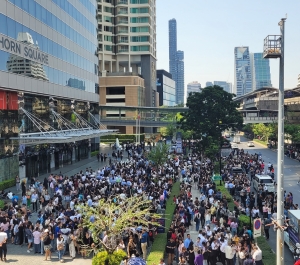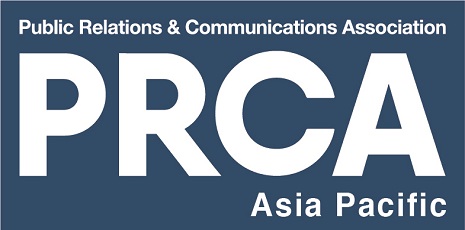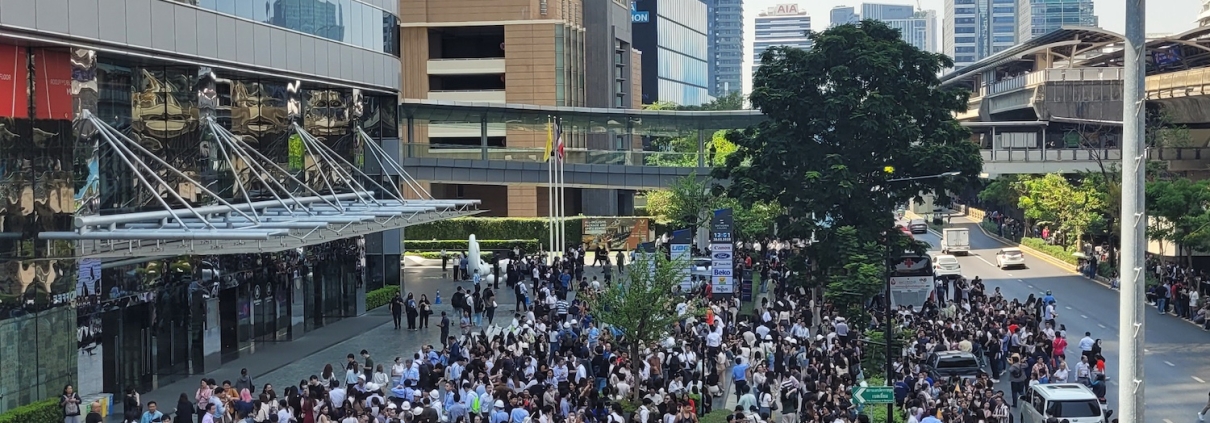Crisis Management and Risk Mitigation: Staying One Step Ahead is an Option

By Joseph Henry, Co-founder of Vivaldi Public Relations
Crisis can strike out of nowhere – unexpected, unsettling, and often when you least anticipate it. In those crucial moments, how you respond could make all the difference. It could be the reason your brand bounces back swiftly or ends up fighting a long, exhausting battle to rebuild its reputation. For PR professionals, staying ahead of the curve isn’t just about having a plan in place. It’s about being ready to take control before a situation snowballs into something bigger.
Think about it – if a crisis hit tomorrow, how confident are you in your team’s ability to react? Are you truly ready for the unexpected, or is there room for improvement?
Take the recent earthquake in Bangkok, for example. The city’s hotels were thrown into crisis mode, and their reactions spoke volumes. Some were quick to reassure guests, offering timely updates and clear safety instructions. Hotels that reached out to guests with bookings after the earthquake, reassuring them that the buildings were safe and providing proof of the inspections, gained trust. Others, though, delayed their responses or failed to provide the information people needed, creating confusion and anxiety. When communication is swift, it builds trust. When it’s delayed or unclear, it can cause long-lasting damage.

Joseph Henry, Co-founder of Vivaldi Public Relations
The Power of Timely Communication
In a crisis, it’s not just about reacting – it’s about being ready to speak up, to provide clarity when people are searching for answers. When something like a natural disaster or a public controversy happens, the public instinctively turns to trusted brands for direction. If a company waits too long to say anything, it risks losing the chance to shape the narrative and offer reassurance.
Imagine your company in the midst of a crisis. Would you jump in to lead the conversation, or would you be left scrambling to find the right words? How you respond shapes how people will view you – whether it rebuilds trust or fuels uncertainty.
Effective crisis messaging is about more than just facts. It’s about showing care, understanding, and clarity. In times of crisis, people need to feel reassured. They want empathy. Your message should strike the right tone, offering both emotional intelligence and practical guidance. When brands respond with clear instructions and show genuine concern for those affected, they’re more likely to earn respect and trust from the public and their employees.
During the Bangkok earthquake, those hotels that reacted promptly and communicated with empathy didn’t just reassure guests – they became pillars of trust. On the other hand, brands that hesitated or provided vague statements missed the chance to take charge of the narrative.
How Do We Do It? Crafting a Crisis Management Plan
The foundation of effective crisis management lies in preparation. To ensure your team is ready when a crisis strikes, conduct a thorough risk analysis, identify potential challenges and vulnerabilities. Next, establish a clear activation protocol for response triggers, so everyone knows exactly when and how to act. Defining a chain of command clarifies roles and responsibilities, ensuring that no one is left wondering who to report to or what actions to take.
A command centre should be set up to coordinate efforts, while response action plans guide specific steps for addressing the crisis. Internal communication is crucial to keeping your team aligned, while external communication manages the public messaging. Having the right resources in place, such as pre-drafted responses for common scenarios, ensures swift action. Above all, prioritize training so your team can spring into action confidently when needed. Constantly review the plan in place.
But even the best plans don’t fully prepare you for the human impact of a crisis.
The Recent Earthquake: A Personal Reflection
When the earthquake hit Bangkok, the uncertainty left me personally questioning how best to protect my family. This feeling of vulnerability wasn’t just limited to me – it affected my colleagues too. Many scrambled to return home, but for those who couldn’t, we quickly organized roll calls to ensure their safety and provided shelter for those unable to reach their homes. The crisis hit close to home, and it reminded me that, beyond the logistics and messaging, crises affect people at a deeply personal level.
Employee Well-being: Addressing Concerns
At Vivaldi, the tremors caused considerable anxiety for those of us in the office. Once the building was inspected and confirmed safe, we reassured everyone with updates. But until official certification was received, we allowed employees to work from home, ensuring they felt safe and supported.
We also checked in individually with each employee, offering emotional support and reminding them of our commitment to their well-being – both personally and professionally. When crises occur, it’s easy to focus solely on external messaging, but the internal impact is just as important. Ensuring your employees feel valued and cared for not only helps them navigate the crisis with greater confidence but also reinforces the trust they have in the brand they represent.

Preparing Your Team for the Unexpected
Internal crisis management is just as crucial as external communication. Employees are often the first line of defence, and how well they are informed can significantly impact the public’s perception of your brand. During the Bangkok earthquake, brands with well-prepared teams handled inquiries and provided assistance calmly and efficiently, without creating additional confusion.
But crisis management isn’t just about giving your employees the right information – it’s about supporting them emotionally and psychologically. Employees are facing the same uncertainty as the public, and if you don’t acknowledge their needs, it can lead to disengagement, mistakes, or worse. When employees feel supported, they become your best advocates, reinforcing your brand’s commitment to customers and stakeholders.
In today’s world, social media plays a pivotal role in crisis communication. News spreads fast, and misinformation can escalate quickly. PR teams must be vigilant, using social media to monitor sentiment, correct inaccuracies, and provide real-time updates. Proactive engagement with customers on digital platforms not only corrects misinformation but also builds trust by showing transparency and care.
Stay Proactive, Not Reactive
The recent earthquake in Bangkok is a stark reminder of the importance of crisis management and risk mitigation. It’s not just about having a plan – it’s about being prepared to take action, lead the conversation, and provide clear communication when the world feels uncertain.
Ask yourself: Is your crisis communication strategy ready for the next challenge? Now’s the time to review, refine, and ensure you’re fully prepared.
In the world of PR, timing is everything. When it comes to crisis management, waiting for the dust to settle isn’t an option. Your ability to act decisively, both internally and externally, will determine your brand’s reputation and future success.
####
About Vivaldi Public Relations:
Vivaldi Public Relations is an award-winning PR and Marketing agency based in Thailand. Renowned for its innovative digital strategies and real-time audience engagement, Vivaldi PR connects brands with audiences to drive success and growth. Established as a media-centric PR agency, Vivaldi PR has evolved into a key player at the intersection of all brand media communications, never losing sight of its foundational principles.
We firmly believe that effective communication is greater than the sum of its parts. Therefore, we not only foster a collaborative environment within our team but also extend this team spirit to our partnerships with clients. This unity of purpose consistently yields superior results as we all strive towards a common goal.
For more information, please visit www.vivaldipr.com
For more information, please contact
Vivaldi Public Relations
Pattaranit Imampai (Poom) M: +66 89 893 4819 E: [email protected]
Nopparat Malalum (Aunn) M: +66 93 824 0008 E: [email protected]

